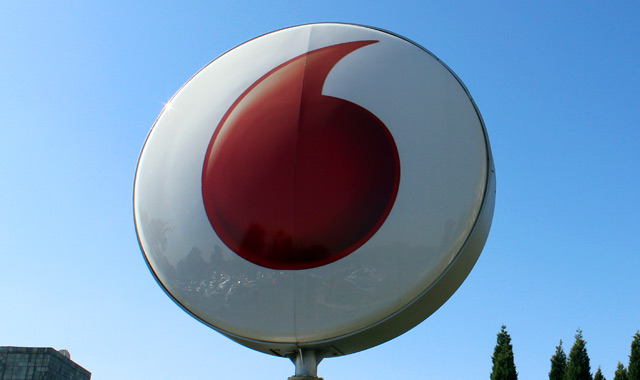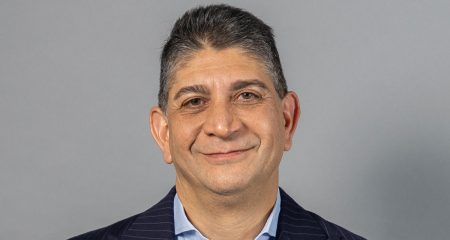
The constitutional court has agreed to hear the application for leave to appeal in the nearly decade-long case between telecommunications giant Vodacom and Nkosana Makate, who claims to have invented the service “please call me”.
After the high court in Johannesburg last year dismissed the case, Makate appealed the court’s decision at the highest court in South Africa.
In March, Makate’s case suffered another blow when the supreme court of appeal (SCA) rejected Makate’s application for leave to appeal on the basis that his prospects for success were limited.
The court set down a hearing for 1 September in which both parties involved will argue on whether the high court proceedings on the matter should be reviewed and possibly overturned.
The constitutional court is Makate’s last-ditch attempt for Vodacom to compensate him for the free service which enables a user without airtime to send a text to be called back.
“All I wanted was for Vodacom and I to jointly make money from this invention on percentage share basis like all other business deals concluded by the company on this basis… ‘Please call me’ has turned out to be one of the most successful inventions that Vodacom has ever had,” he says.
He estimates that the invention, since its inception in 2001, has generated about R70bn for Vodacom and he wants a 15% cut of the profit share.
Makate says it is a “huge relief” for the constitutional court to consider the case after being denied by “the same lower courts [the high court and SCA] — unjustly so”.
Makate is taking several arguments to the constitutional court, mainly that the high court denied him the right of access to court under section 34 of the constitution and the right to property in section 25.
On section 25, Makate says he was “deprived” of the invention and the right to claim money for it “even while Vodacom continues to benefit to the tune of many billions of rand”.
Makate also suggests that the court needs to lay down a principle on the fact that the parties are in an unequal bargaining position.
In 2000, Makate was a trainee accountant for Vodacom when he claims to have invented “please call me”. When the idea hit, Makate spoke to Vodacom’s director on the board and head of product development at the time, Philip Geissler, as “he was the obvious person to speak to given his position”.
He says Geissler agreed to pay him a share of the revenues Vodacom would generate from the innovation if it was technically and financially viable.
The high court case, presided by judge Phillip Coppin, concluded that Makate had successfully proved the remuneration agreement between him and Geissler. However, Coppin dismissed Makate’s claim on the basis that he did not prove that Geissler did have “ostensible authority” to bind Vodacom for compensation.
Also the court found that Makate’s claim against Vodacom had expired (a term known in legal circles as prescription), as he did not file the claim within three years of Vodacom going to market with “please call me”. Makate pursued his initial court bid in 2008.
Nkateko Nyoka, chief legal and regulatory officer for Vodacom, argued that Makate’s leave to appeal at the constitutional court should be dismissed mainly on two grounds — misinterpretation of ostensible authority and prescription.
Vodacom argues that no official at the company had the actual or ostensible authority to bind Vodacom in a compensation agreement. It further says it was against the policy and practice of the company to offer employees additional remuneration and enter into revenue shares.
On the unequal bargaining position argument between Makate and Vodacom, the company labels it as “an attempt to infuse constitutionality into a non-constitutional issue”.
- This piece was first published on Moneyweb and is republished here with permission




